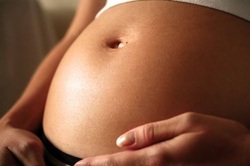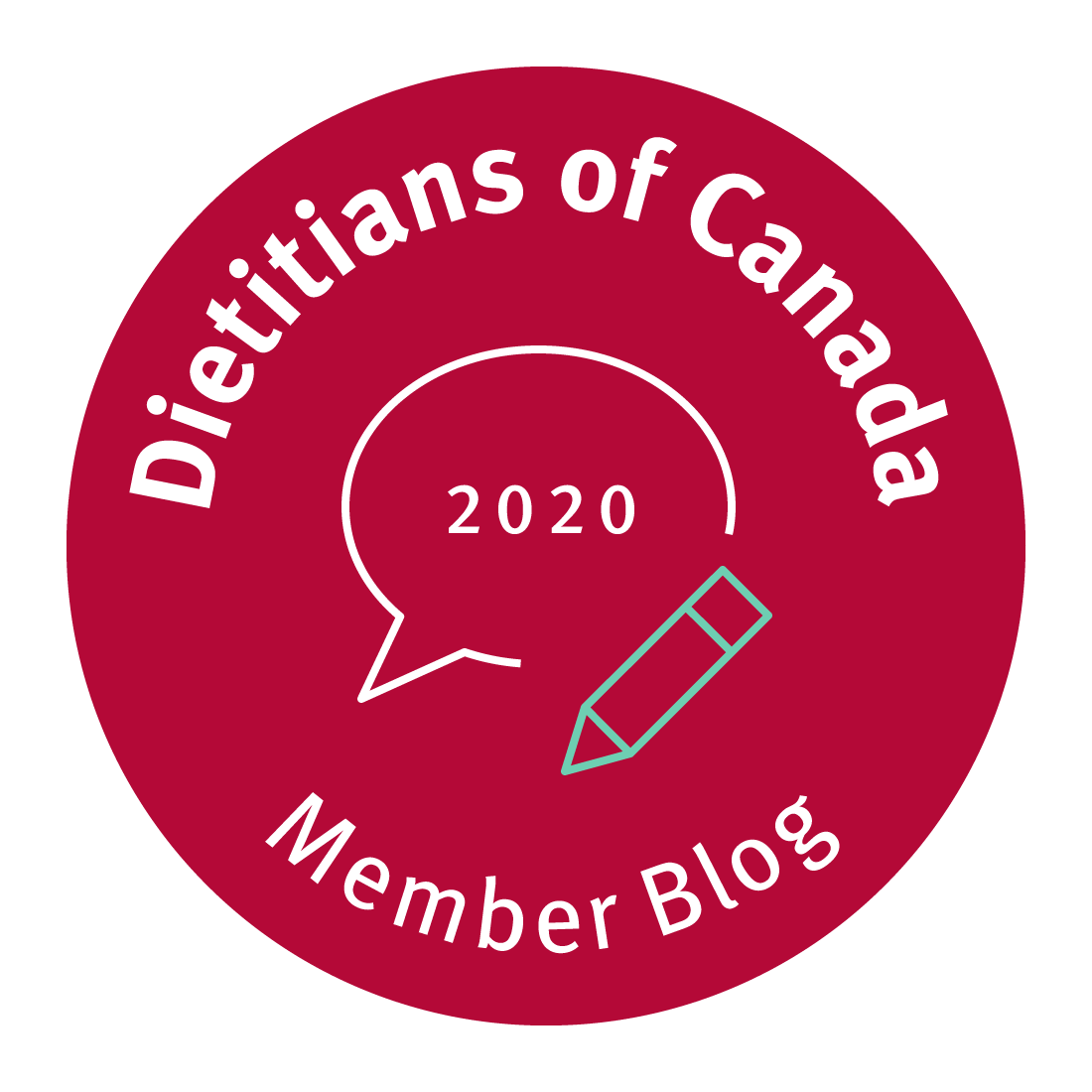
The key is balance. A well balanced diet – vegetarian, vegan or anything else – ensures you get the nutrients you need.
Nutrition is so important when you are providing all the nutritional needs for your baby. The key thing is to make sure your meals are balanced and provide the nutrition required to keep you and your baby as healthy as possible.
Often pregnancy prompts women to make healthy shifts in their eating habits. It’s also a great time for partners to start eating better. Adding a baby to the family means parents become their child’s role model, so having nine months to begin making changes can be a big help and create lasting effects.
Different stages of pregnancy require different nutrients.
During the first trimester of pregnancy you don’t need extra calories. Good nutrients to focus on are protein and iron. Pregnancy basically doubles your blood volume. All this extra blood means it’s important to get enough iron and protein.
You will need extra calories in the second and third trimester, and when breastfeeding. However, those extra calories don’t add up to a lot of food – only 300 to 400 calories a day. Don’t think of it as eating for two, but rather for the health of two!
During their second and third trimester many women eat four or five smaller meals a day instead of three large ones. This tends to work nicely with consuming those extra calories needed during these stages. But don’t choose convenience foods. Eating less packaged and processed foods and emphasizing whole foods is always the best choice.
Vegans and vegetarians especially need more iron during pregnancy. Some nutrients are also required in increased amounts. These are as follows, including some examples:
· Carotenoids: yam, spinach, carrot, apricot, broccoli, and cantaloupe.
· Folate: dried beans, avocado, lentils, sunflower seeds, peanuts, broccoli, asparagus, okra, spinach, Brussels sprouts, papaya.
· Niacin (Vitmain B3): tempeh, portabello mushroom, pumpkin/squash seeds, peanuts, beans, lentils, green vegetables, and potato.
· Pantothenic acid (Vitamin B5): avocado, kale, broccoli, mushroom, beans and lentils.
· Riboflavin (Vitamin B2): tempeh, nuts, and green vegetables.
· Thiamin (Vitamin B1): oats, wheat germ, and sunflower seeds.
· Vitamin B6 (Pyridoxine): nuts, lentils, potatoes, banana, chickpeas, yams, avocado, kale, and sunflower seeds.
· Vitamin B12 (Cobalamin): foods fortified with B12 including red star nutritional yeast, milk alternatives, veggie meats, and breakfast cereal.
· Vitamin C: kiwi, pineapple, bell peppers, cauliflower, and kale.
· Iodine: seaweed and iodine fortified salt (it is mandatory in Canada but optional in the UK and US).
· Iron: spinach, swiss chard, dried beans and peas, lentils, pumpkin seeds, cashews, pinenuts, and hazelnuts.
· Magnesium: lentils, dried beans, brazil nuts, sunflower seeds, pumpkin/squash seeds.
· Zinc: dried beans and peas, lentils, pumpkin/squash seeds, cashews, peanuts, quinoa, tahini, and mushrooms.
Note that you don’t need extra calcium and vitamins D and K. However, it is important to be getting good sources of these in your diet.
Although food is the best source of the nutrients you need, it’s not always possible to get enough. So I recommend a prenatal multivitamin. Vegan prenatal multivitamins are available.
It’s a good idea for all pregnant women, not just vegans, to take these prenatal multivitamins. And I stress again that a balanced vegan diet during pregnancy can be a very healthy way to keep both mom and baby as healthy as possible.
I will have more advice on how to ensure you get specific nutrients for a vegan pregnancy in part two of this series.
If you have questions about how to eat a vegan diet in pregnancy or to make sure you are getting the nutrients you need talk to Jill, Nurture The Future’s Registered Dietitian at [email protected]
*This article was originally found on The Birthing Site. For a list of references, contact the email above.

 RSS Feed
RSS Feed

.png.aspx?width=150&height=150)
